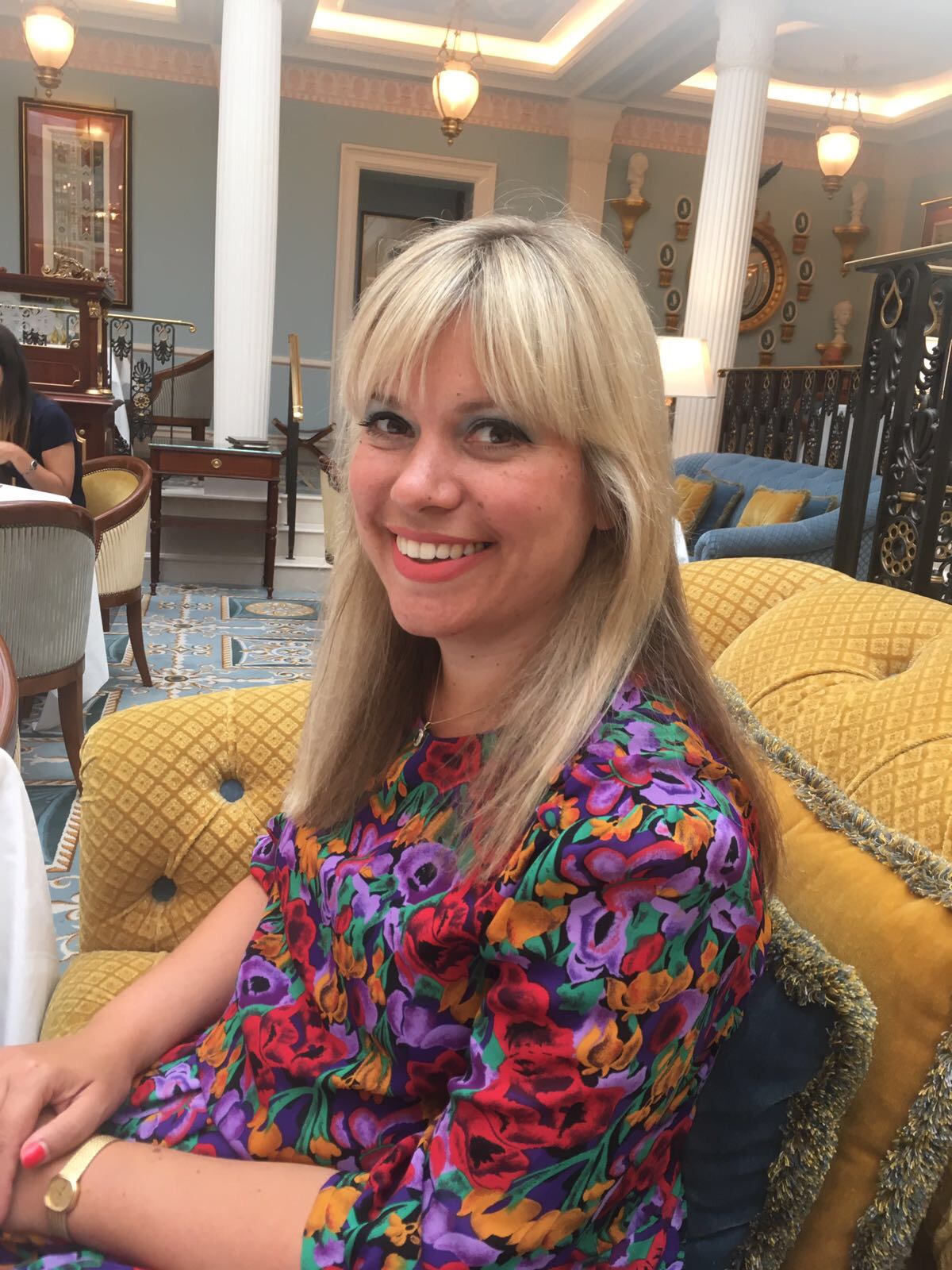Being mindful of our mental health

I’ve always known that I’m a worrier.
That I have higher expectations of myself than I do of anyone else. And that I tend to think the worst is going to happen. But it’s only recently that I’ve realised what I actually have is disordered anxiety. That is, anxiety levels which are over amplified compared to the level of ‘threat’ actually present.
I came to this realisation during a series of mindfulness sessions at Barts Health. For six weeks I went to these classes, taught by Ellie Banner-Ball, and learnt techniques to keep me focused and in the present rather than letting my mind run away with thoughts about the future, which seems to light the touch paper for my anxious thoughts.
I got so much out of these classes. Ellie is an excellent teacher; positive, knowledgeable, compassionate and a great listener. I really enjoyed hearing her own personal story about how she came to mindfulness and how it’s helped her in her everyday life.
We were encouraged to practice on our own and there were some great audio guides to complement the teachings. I particularly got to grips with The Body Scan, which is a guided meditation whereby you focus on your body parts instead of your thoughts, which are often misleading or downright incorrect. After a few weeks of diligent practice, I noticed that I was paying more attention to my surroundings and felt more focussed.
At the end of the sessions, I said to Ellie that I had come to realise that the amount of anxiety I lived with on a daily basis was unacceptable and she said this was the first step to living differently.
Anxiety is common. In fact it’s the most common mental health issue in the Western world. So I’ve started to be really upfront that I have it. I’ve lived with it for over 20 years without realising but I’m now ready to talk about it; I think talking really helps. And you’ll soon learn the people you know who have it too; people you may never even have previously considered to be an anxious person.
I think my anxiety can be traced back to when I was 12 and my mum had a brain tumour. I think that made me very frightened and for the rest of my mum’s life I was always worried about her. She died when I was 31 and losing her – my biggest supporter – made me feel very uncertain; about myself and about life.
My anxiety manifests itself in many ways:
- Physical symptoms such as shallow breathing, heart palpitations and muscular tension
- Health anxiety: I’ll leap to the worst-case scenario at the slightest niggle
- Financial anxiety: I know exactly what’s coming in and out of my bank account on any day and exactly how much I’ve spent down to the last penny (admittedly this isn’t such a bad thing!)
- Anxious dreams: I still dream that I’m taking my finals at university and have forgotten to go to any lectures for a year beforehand, or that I still have books taken out at the university library and owe them about a million pounds!
- Crawling skin: a particularly unpleasant one
- Checking, double checking and triple checking: that I’m not going to accidentally burn my house down while I’m out, that I’m not going to accidentally let the local burglars in, that I’ve not sent an email or text that could be misinterpreted as rude
I expect some of you are reading this with a nod of recognition. And it must be said there can be no harm in having one eye on the things that are important to you. But it’s when that gets out of proportion and disturbs your joy for life that you need to rein it in.
I’ve mistaken my anxiety for depression before, which never really sat well with me because I get a lot out of life. But sometimes the anxious thoughts get to me and I become tired and withdrawn. This winter, after a particularly bad episode (dark mornings and evenings do not help!), I decided enough was enough. So now I’m seeking support from my Dr and also listening to podcasts (I highly recommend the anxiety coaches podcast) and I’m reading a book by Eleanor Morgan called Anxiety for Beginners.
My approach is to find ways to live with my anxiety and find coping mechanisms which reduce it rather than expecting it to go completely. I’ve started to feel much better in recent weeks and can attribute it to the following things:
- Understanding the physical response that anxiety causes. Anxiety is a hard-wired response that manifests in our ancient brain – the amygdala. But it was most useful to us when we were hunter-gatherers. We’ll respond in an anxious way when our amygdala is alerting us to some threat and we’ll release all the necessary hormones to flee from the enemy but in this modern age, the threat isn’t really there in the way our brain has perceived it so there’s no use for all that cortisol. It just stays in your body and causes the unpleasant symptoms rather than being put to use
- Deep breathing – the cornerstone of mindful meditation – which will connect to your parasympathetic nervous system and when you’re connected to your parasympathetic nervous system you can’t feel anxious
- Writing and keeping a note of things I’m grateful for
- Rest
- Swimming
- Reminding myself that I am safe
None of this is particularly groundbreaking but they do work.
I hope this has been helpful to fellow sufferers and enlightening to those who don’t know much about the condition. I would love to hear any comments you may have or your experiences in the comments box below.
Thank you,
Lucy
